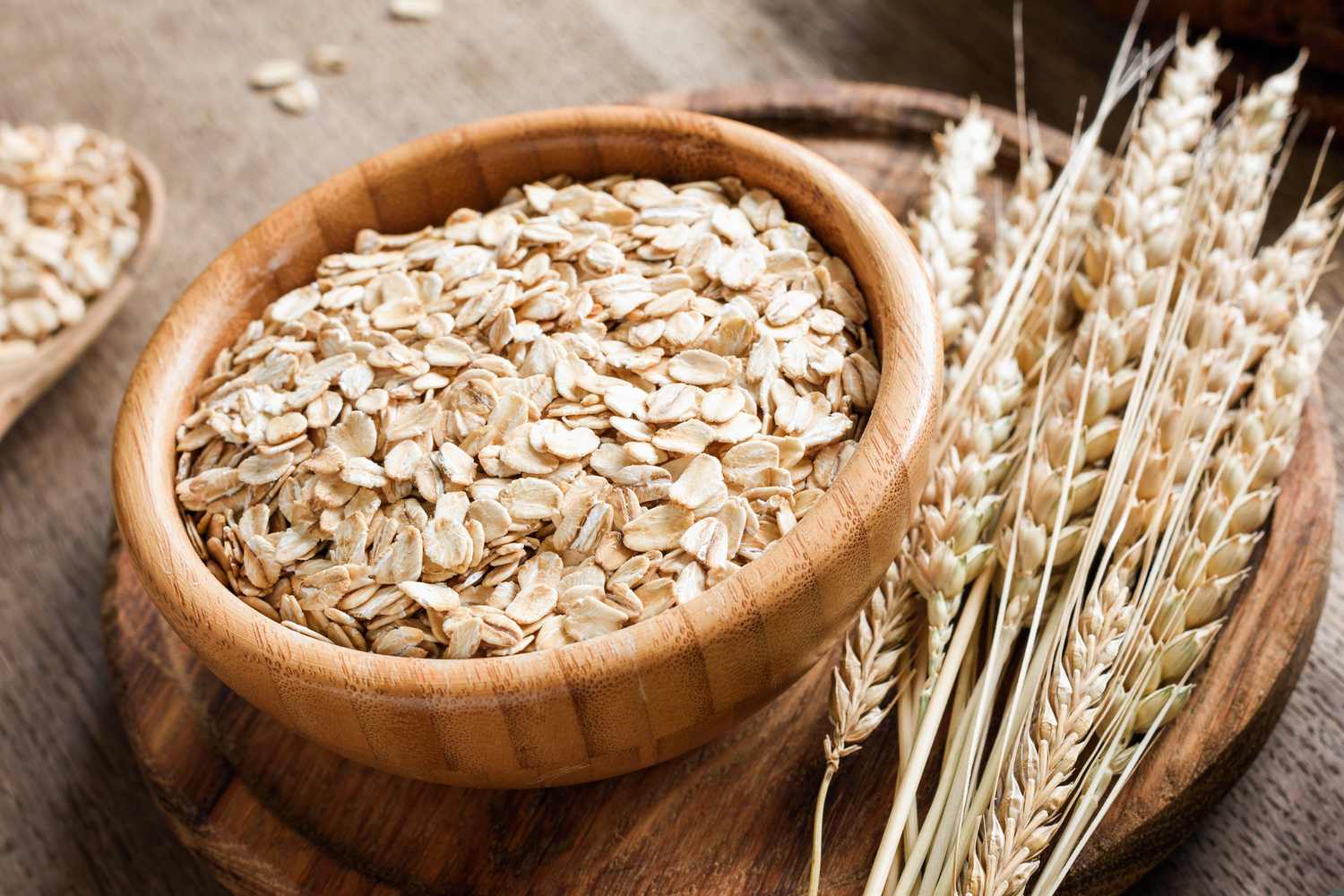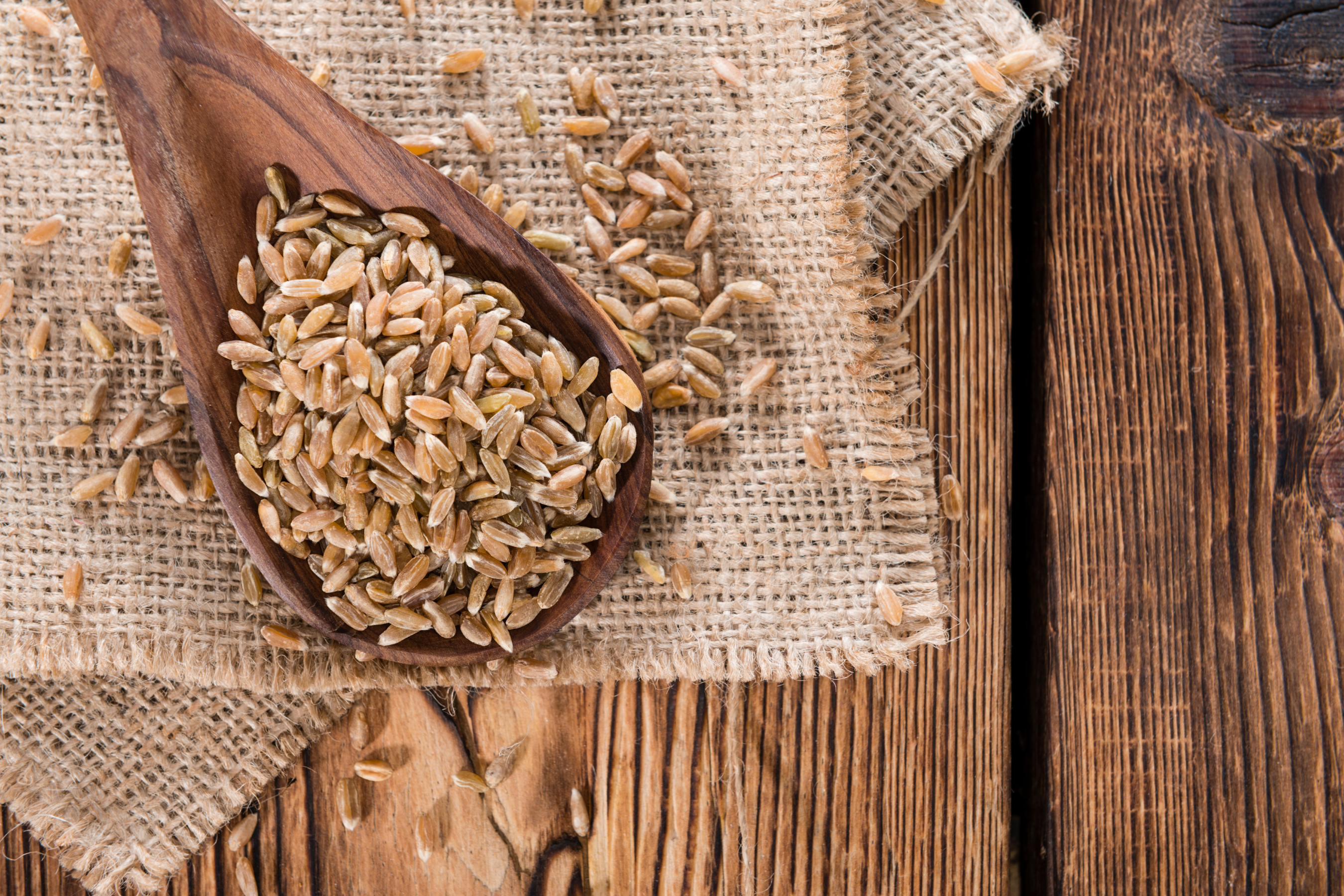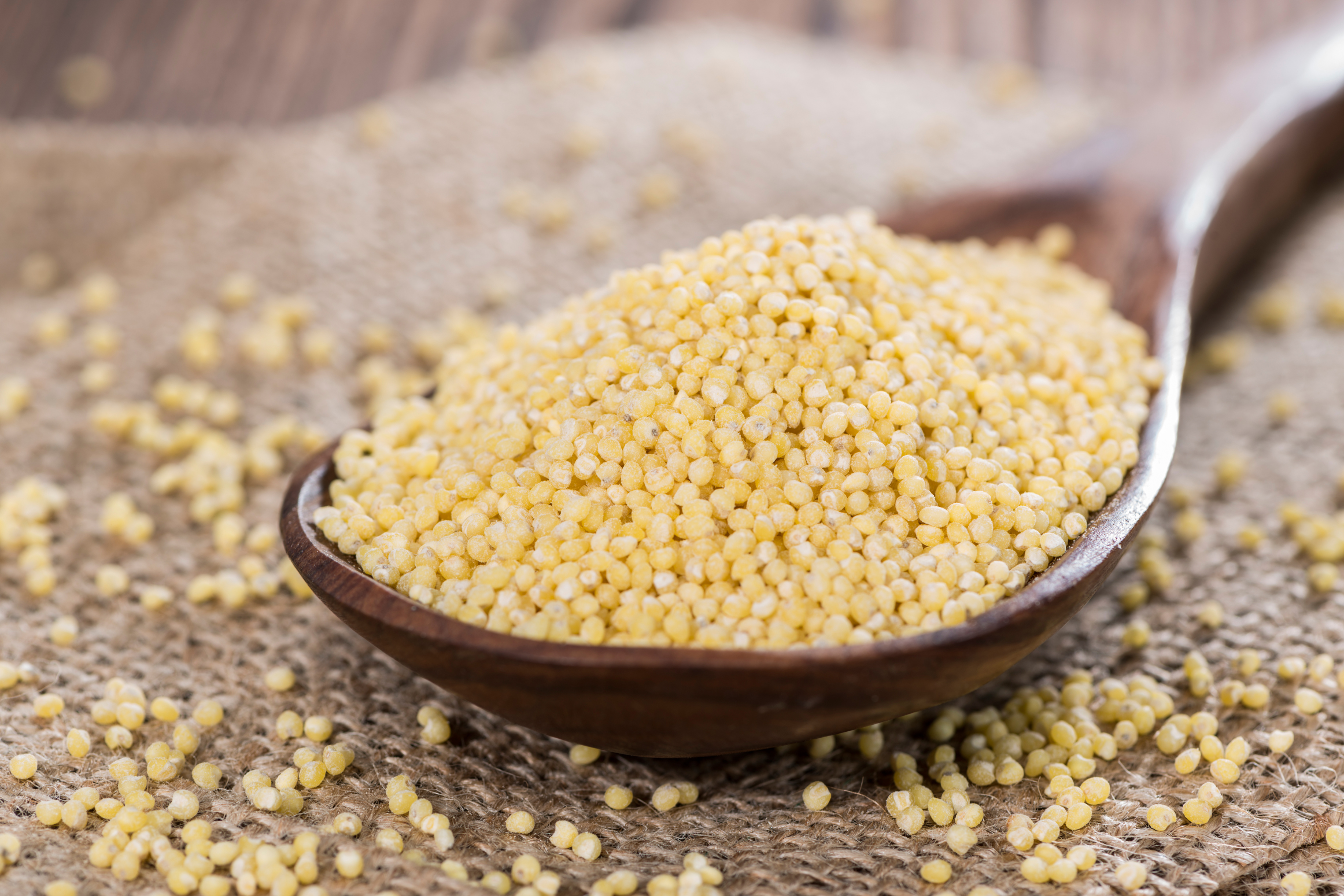Oats are a versatile and nutritious grain that have been a staple in diets for centuries. Whether in the form of whole grain or flour, oats are packed with health benefits that make them a great addition to any diet. This article will explore the many benefits of oats, from their nutritional content to the ways they can be incorporated into meals and snacks.
Understanding Oats: Grain and Flour
What are Oats?
Oats are a type of cereal grain that are most commonly consumed in the form of rolled oats, oatmeal, or oat flour. They are a good source of whole-grain carbohydrates, protein, and fiber, making them a filling and satisfying food.
In addition to being a nutritious food, oats have a rich history. They were first cultivated in Europe around 1000 B.C. and were used primarily as animal feed. However, by the Middle Ages, oats had become a staple food for people in Scotland and other parts of Northern Europe.
Today, oats are grown in many parts of the world, including the United States, Canada, and Australia. They are used in a variety of foods, including breakfast cereals, granola bars, and baked goods.
Oat Grain vs Oat Flour
Oat grain is the whole oat seed, while oat flour is made by grinding the whole oat grain into a fine powder. Both types of oats have similar nutritional profiles, although oat flour may be slightly lower in fiber and higher in calories per serving due to its more concentrated nature.
While oat grain is often used in savory dishes such as soups and stews, oat flour is a popular ingredient in baking. It can be used as a substitute for wheat flour in many recipes, making it a great option for those who are gluten-free or looking to reduce their intake of refined grains.
In addition to its culinary uses, oat flour has also been studied for its potential health benefits. Some studies have suggested that consuming oat flour may help lower cholesterol levels and reduce the risk of heart disease.
Overall, whether you prefer oat grain or oat flour, incorporating oats into your diet is a smart choice for your health and taste buds.
Nutritional Profile of Oats
Oats are a versatile and nutritious food that can be enjoyed in a variety of ways. Whether you prefer them as a warm bowl of oatmeal in the morning or as a crunchy granola topping, oats offer a range of health benefits that make them a smart addition to any diet.
Macronutrients
One of the key benefits of oats is their rich content of complex carbohydrates. These carbohydrates provide a steady source of energy throughout the day, making them an ideal food for athletes and active individuals. Oats are also a great source of plant-based protein, which is essential for building and repairing muscle tissue. In addition, they contain healthy fats, including omega-3 fatty acids, that can help reduce inflammation and improve heart health.
Vitamins and Minerals
Oats are high in several key vitamins and minerals that are essential for overall health and well-being. For example, they are a good source of vitamin E, which is a powerful antioxidant that helps protect cells from damage caused by free radicals. Oats are also rich in iron, which is important for the production of red blood cells, and zinc, which is essential for immune function. Additionally, oats contain a range of B-vitamins, including thiamin, riboflavin, and niacin, which play a crucial role in energy metabolism.
Fiber Content
One of the most impressive benefits of oats is their exceptionally high fiber content. Oats contain both soluble and insoluble fiber, which can promote digestive health, lower cholesterol levels, and even aid in weight management. Soluble fiber, in particular, forms a gel-like substance in the digestive tract that can help reduce the absorption of cholesterol and improve blood sugar control. Insoluble fiber, on the other hand, adds bulk to the stool and can help prevent constipation.
Overall, oats are a nutrient-dense food that can provide a range of health benefits. Whether you enjoy them as a warm bowl of oatmeal or as a crunchy topping on your yogurt, oats are a delicious way to support your overall health and well-being.
Health Benefits of Oats
Oats are one of the most nutrient-dense foods available, packed with vitamins, minerals, and antioxidants that can benefit overall health and well-being. In addition to being a delicious and versatile food, oats have a range of health benefits that make them a great addition to any diet.
Heart Health
Oats are one of the best foods for maintaining heart health. The fiber content of oats can help to lower bad cholesterol levels while promoting the growth of healthy gut bacteria, which can have a positive effect on overall cardiovascular function. This can help to reduce the risk of heart disease, stroke, and other cardiovascular conditions.
In addition to their fiber content, oats are also rich in antioxidants like avenanthramides, which have been shown to have anti-inflammatory properties. This can help to reduce inflammation in the body, which is a major contributor to heart disease and other chronic conditions.
Blood Sugar Control
Oats are also beneficial for those struggling with blood sugar control, as they are a low glycemic index food. This means that they are absorbed slowly into the bloodstream, helping to prevent spikes and crashes in blood sugar levels. This can be particularly beneficial for those with diabetes or other blood sugar disorders.
In addition to their low glycemic index, oats are also rich in soluble fiber, which can help to slow down the absorption of carbohydrates and sugars in the body. This can further help to regulate blood sugar levels and prevent sudden spikes or drops.
Weight Management
Because of their high fiber and protein content, oats can keep you feeling fuller for longer, reducing the likelihood of overeating throughout the day. This makes them a great food for those looking to maintain or lose weight.
In addition to their satiating properties, oats are also low in calories and fat, making them a great option for those looking to reduce their overall calorie intake. They are also a good source of complex carbohydrates, which can provide sustained energy throughout the day.
Digestive Health
The fiber present in oats can also promote healthy digestion by increasing the bulk of stools and preventing constipation. This can help to improve overall gut health and reduce the risk of digestive disorders like irritable bowel syndrome (IBS) and inflammatory bowel disease (IBD).
In addition to their fiber content, oats are also a good source of prebiotics, which are compounds that promote the growth of healthy gut bacteria. This can further improve digestive health and reduce the risk of gastrointestinal issues.
Boosting Immunity
Oats contain compounds that have been shown to boost the immune system, providing protection against diseases and infections. One of these compounds is beta-glucan, a type of soluble fiber that has been shown to enhance immune function by activating certain immune cells.
In addition to beta-glucan, oats are also rich in vitamins and minerals like zinc, selenium, and vitamin E, which are essential for immune function. These nutrients can help to support the body's natural defenses and reduce the risk of infections and illnesses.
Incorporating Oats into Your Diet
Oats are a versatile and nutritious grain that can be incorporated into your diet in many ways. They are a great source of fiber, protein, and essential nutrients, making them a healthy addition to any meal. Here are some ideas for incorporating oats into your diet:
Breakfast Options
One of the most common ways to consume oats is in the form of oatmeal. There are countless oatmeal recipes available online, ranging from savory to sweet. You can add fresh fruit, nuts, and honey to your oatmeal to make it more flavorful and nutritious. Overnight oats, which require minimal preparation, can also make a great breakfast option. Simply mix oats with milk or yogurt and let it sit in the fridge overnight. In the morning, add your favorite toppings and enjoy a healthy and delicious breakfast.
Baking with Oat Flour
Oat flour can be used as a substitute for wheat flour in many baked goods, making it a great gluten-free option for those with sensitivities. It can also add a nutty flavor and texture to muffins, pancakes, and other baked goods. Try making oat flour banana bread or oat flour chocolate chip cookies for a healthier twist on your favorite treats.
Savory Dishes
While oats are often associated with sweet breakfast foods, they can also be used in savory dishes. Oat-based veggie burgers, meatballs, and soups are all possibilities. Oats can add texture and flavor to these dishes while also providing a healthy dose of fiber and protein. Try making oat and lentil soup or oat-crusted chicken for a delicious and nutritious meal.
Snack Ideas
Oats make a great snack option when combined with other healthy ingredients. Granola bars, energy balls, and homemade trail mix can all be made with oats. These snacks are perfect for on-the-go or as a mid-day pick-me-up. Try making no-bake oat and nut energy balls or homemade granola bars with oats, nuts, and dried fruit for a healthy and satisfying snack.
By incorporating oats into your diet in a variety of ways, you can enjoy their many health benefits while also enjoying delicious and flavorful meals and snacks.
Conclusion
Oats are a versatile, nutritious, and delicious food that can be incorporated into any diet. From promoting heart health to aiding in weight management, the benefits of oats are numerous. By getting creative with breakfast, baking, and snacking options, you can enjoy all the health benefits of oats while still enjoying a variety of delicious foods.


